Differences and similarities between words

"Mogul" vs. "tycoon": power words with distinct stories
"Mogul" can also refer to a historical ruler (especially in ... Learn more →

"Prosecution" vs. "persecution": a case of confusing words
Prosecution refers to the legal process of charging someone with ... Learn more →
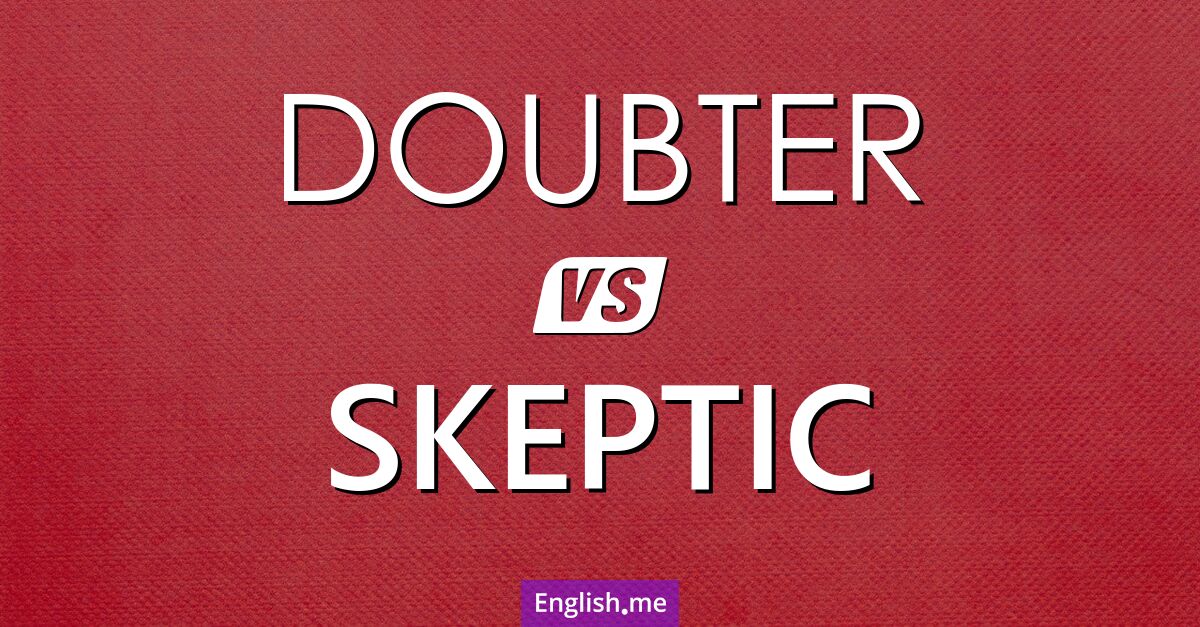
"Doubter" vs. "skeptic": not quite the same
"Doubter" simply describes someone who has doubts or is unsure, ... Learn more →
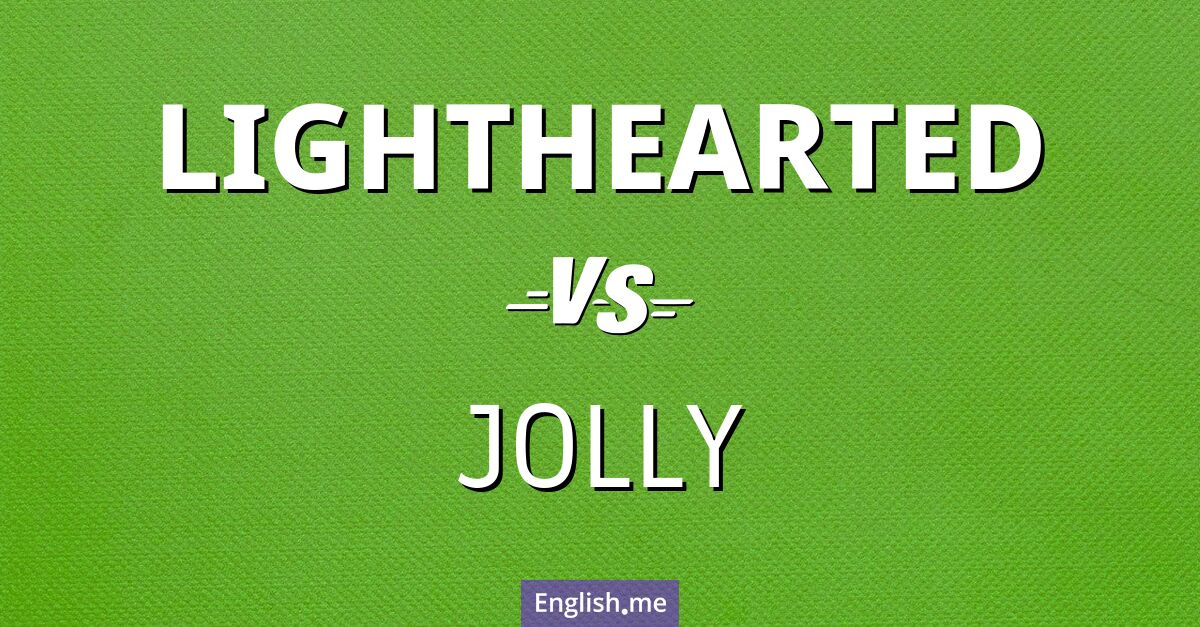
"Lighthearted" vs. "jolly": a cheerful comparison
"Lighthearted" emphasizes being carefree, relaxed, and not weighed down by ... Learn more →
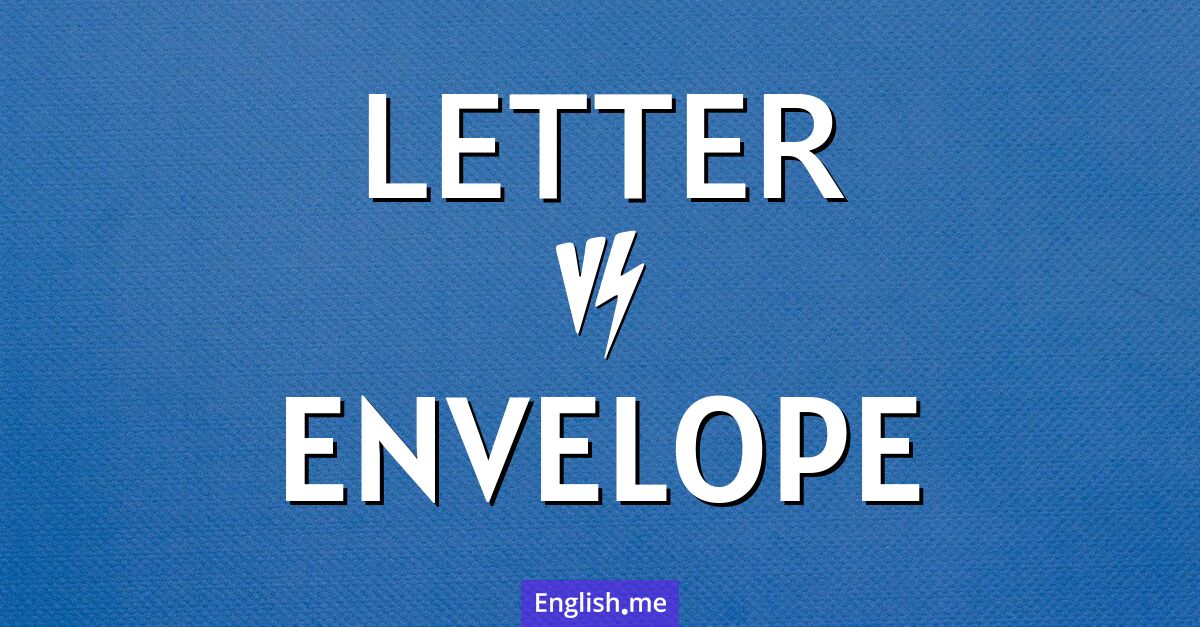
"Letter" vs. "envelope": what's inside the words?
"Letter" refers to a message, usually written on paper, while ... Learn more →
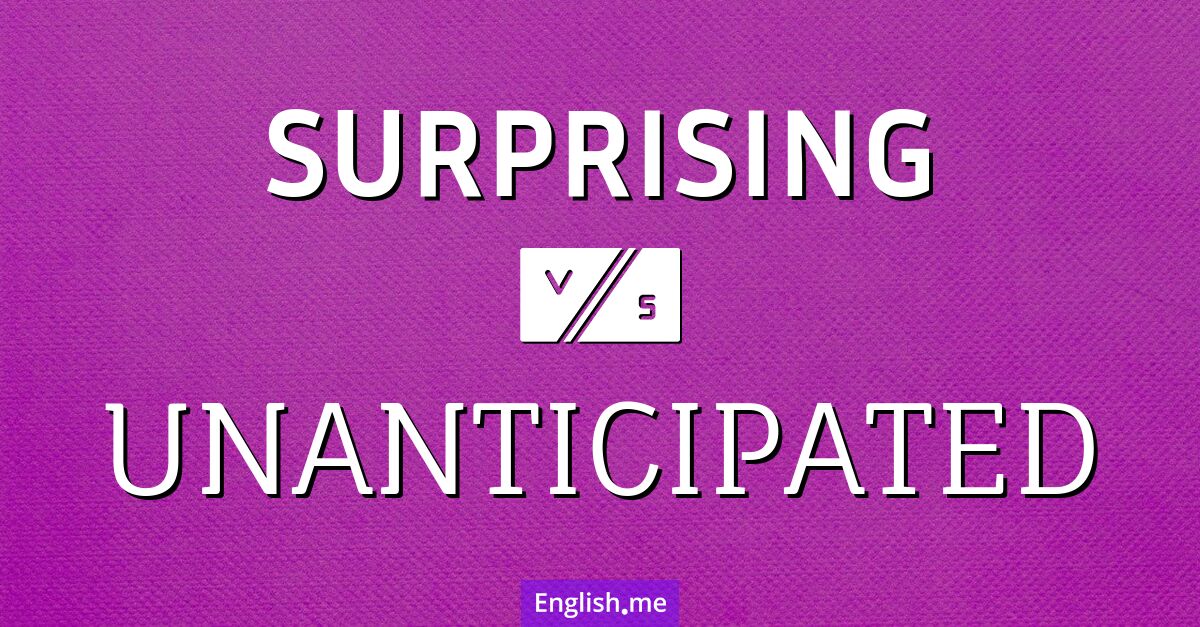
"Surprising" vs. "unanticipated": words that catch us off guard
Surprising often emphasizes the emotional reaction (such as shock or ... Learn more →
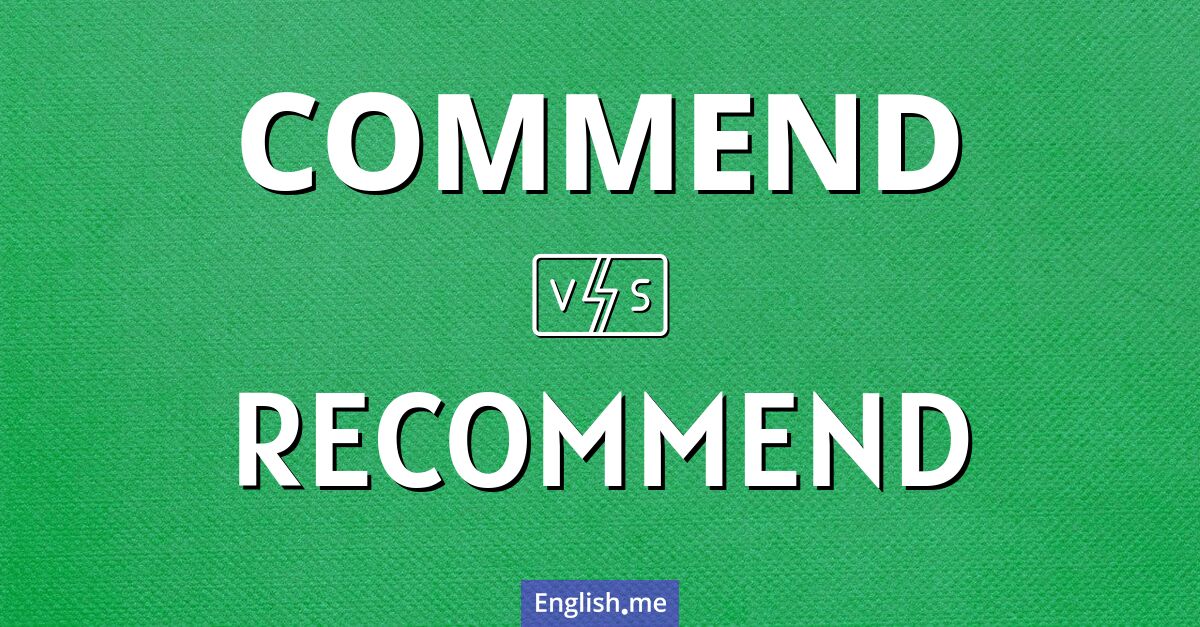
"Commend" vs. "recommend": more than just a letter apart
Commend generally means to formally praise or present someone or ... Learn more →
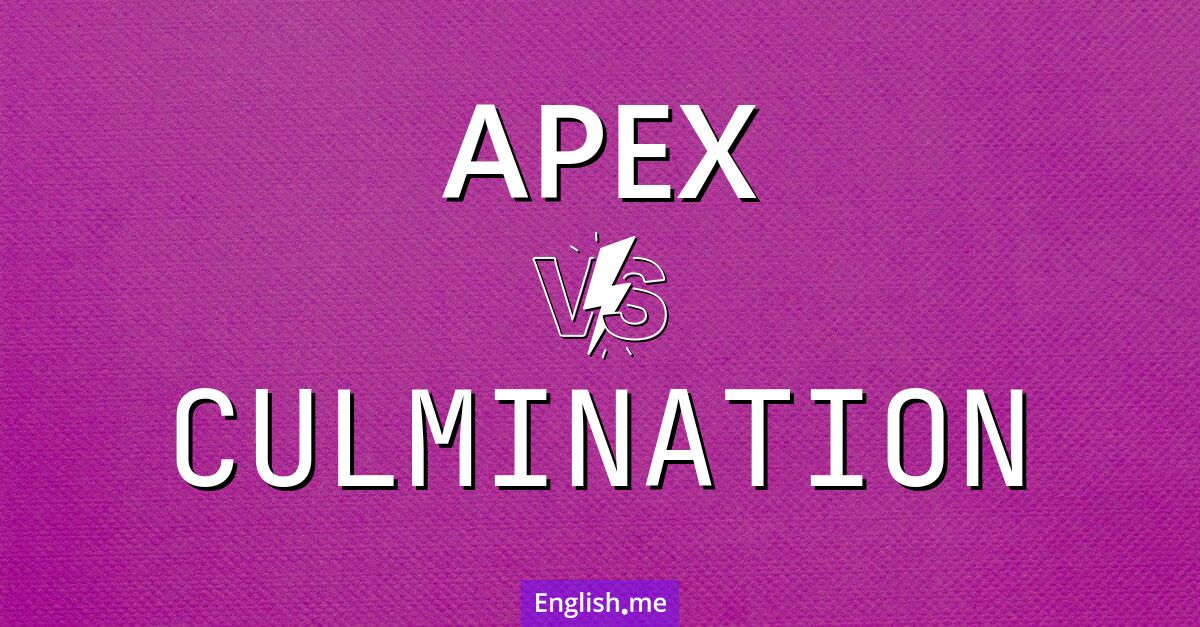
"Apex" vs. "culmination": words at the top
"Apex" is often used more literally or physically to describe ... Learn more →
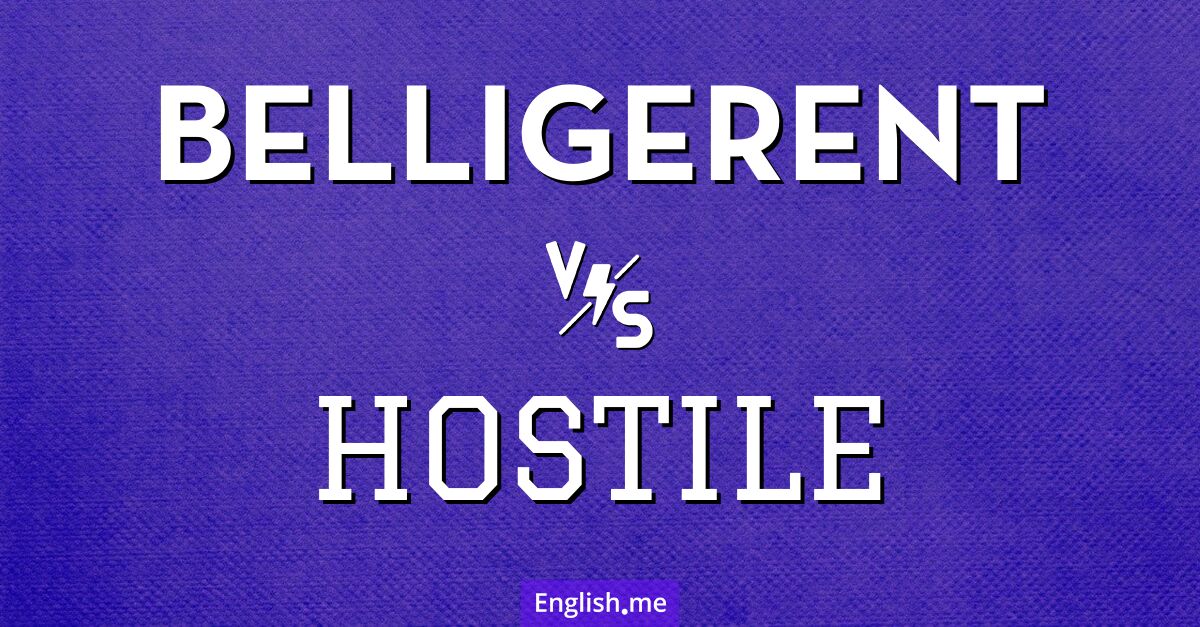
"Belligerent" vs. "hostile": how they differ and overlap
"Belligerent" often implies a willingness to fight or engage in ... Learn more →
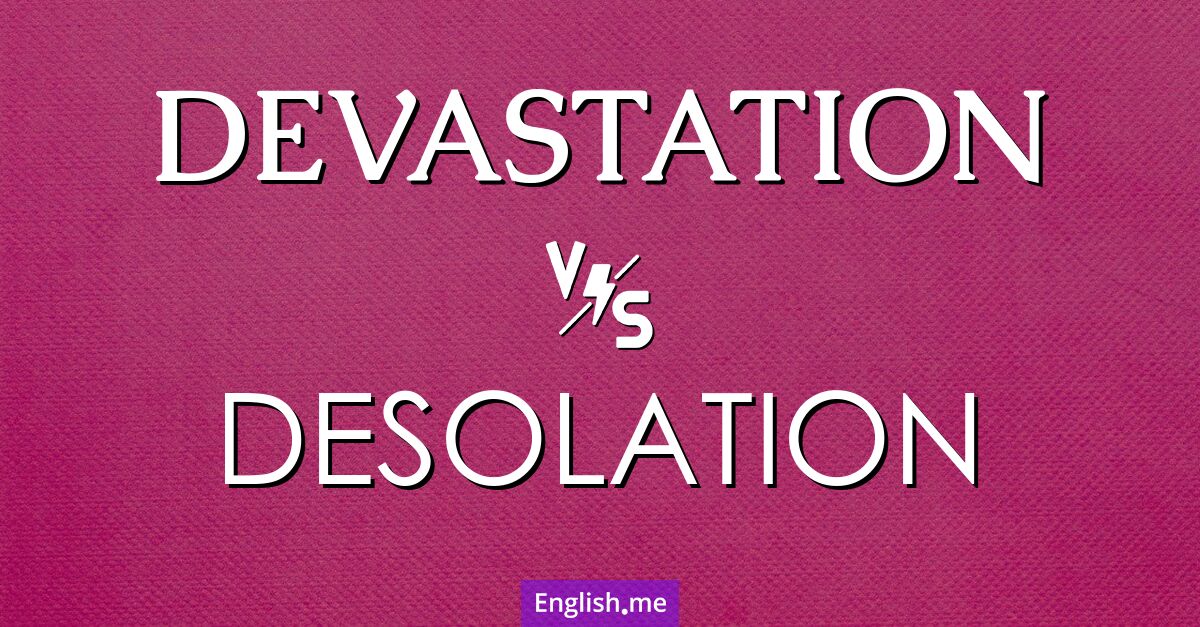
"Devastation" vs. "desolation": words of ruin compared
"Devastation" typically refers to the act or result of destroying ... Learn more →

 English
English español
español française
française italiano
italiano deutsche
deutsche 日本語
日本語 polski
polski česky
česky svenska
svenska Türkçe
Türkçe Nederlands
Nederlands